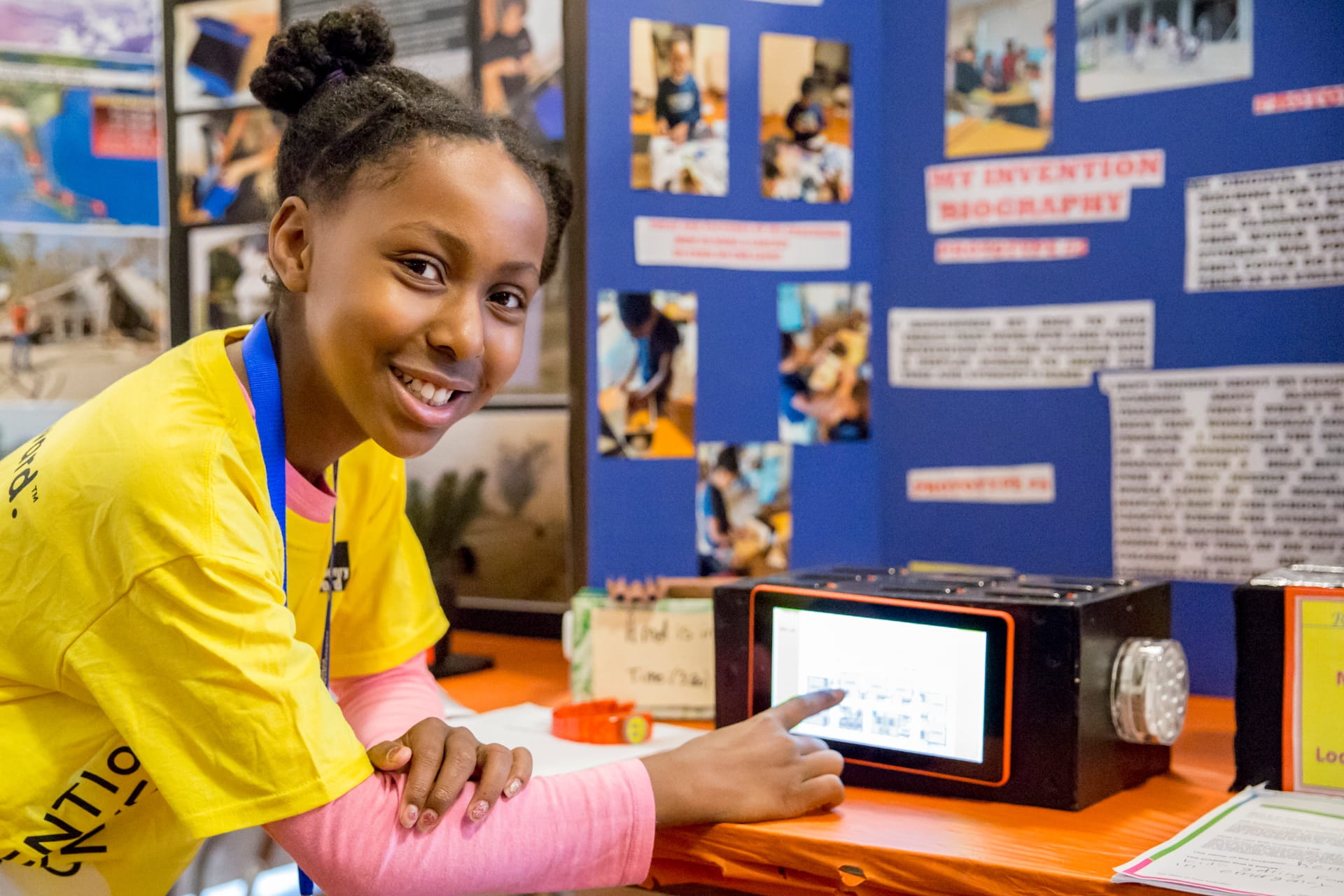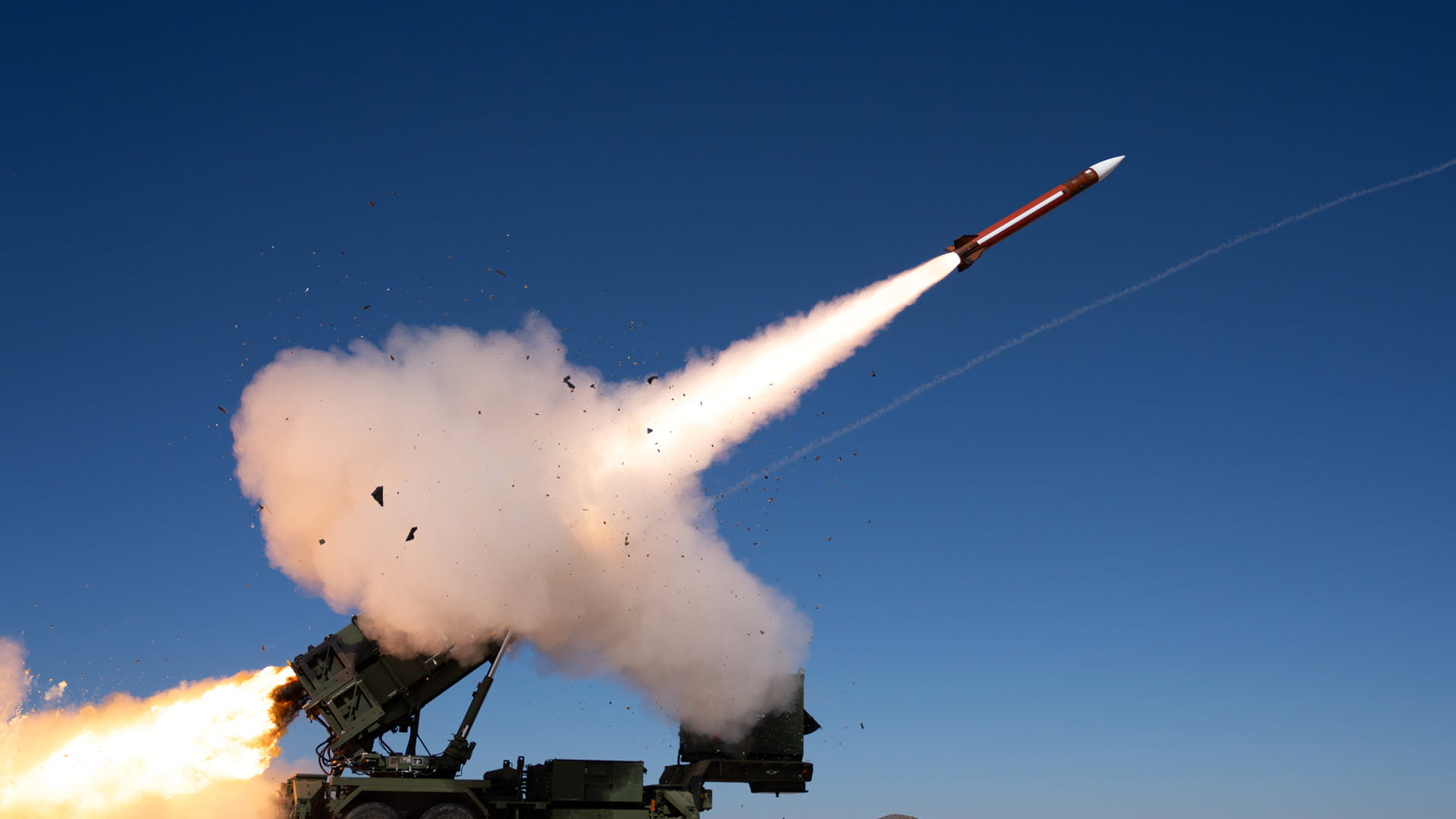Every age of STEM
Encouraging children, teens and young adults to pursue science and engineering
Why help young people discover their passion for science, technology, engineering and math — the subjects known as STEM?
Because anyone should be able to change the world.
That includes the students at DaVinci Science High School, almost across the street from Raytheon Technologies’ El Segundo campus.
Raytheon Technologies employee Fuzz Zubair volunteers with the DaVinci Science High School’s robotics team and helps organize FIRST robotics competitions. He does his part to illuminate the path between students and a future as an engineer or scientist.
“It’s a great way to encourage them to STEM careers,” said Zubair, a systems engineering center department manager. “We definitely need more people that are interested in going into science, technology or innovation fields.”
Raytheon Technologies is helping young people discover their passion for science, technology, engineering and math — the subjects known as STEM. The company works with nonprofits like FIRST, Girls Who Code, and the Boys & Girls Clubs of America to inspire the next generation of engineers.
Closing the gender gap
Two-thirds of elementary and middle school girls are interested in STEM, but less than one in five will get a bachelor’s degree in computer science, according to the National Science Foundation. Raytheon Technologies is working with Girls Who Code and Girls Scouts of the USA to help turn that aspiration into opportunity.
Girls Who Code is a nonprofit organization that has reached more than 90,000 girls in the U.S. with free after-school coding clubs. It teaches coding, confidence, comradery and leadership skills to girls as young as eight.
“Girls Who Code is on a mission to bring more girls into computer science around the world,” said Girls Who Code founder and CEO Reshma Saujani. “The partnership will enable more girls to explore computer science, develop tangible skills as students and one day shape the future of aerospace.”
A multiyear partnership with Girl Scouts of the USA is encouraging girls to pursue computer science careers. The first Girl Scouts Cyber Challenge, held in 2019, tested the computer science, robotics, data science and cybersecurity skills of thousands of middle school and high school girls at 10 sites across the country.
“We need engineers, especially female engineers, to drive diversity and innovation for the future of our technology,” said Barbara Borgonovi, a vice president in the company’s Raytheon Intelligence & Space business, speaking at the Los Angeles challenge event. “So we are very excited to participate with the Girl Scouts. We want to see more girls take on STEM degrees as they pursue their education.”
Learning together
More than 40% of students that attended 21st Century Community Learning Center programs, which can be found at Boys & Girls Clubs of America, improved their reading and math grades
Raytheon Technologies provided funding to the Boys & Girls Clubs of America to create 22 Centers of Innovation at locations near military installations. The company aims to provide support for after-school STEM programming at all 22 locations. The centers serve more than 4,000 teens, many of whom have an active-duty parent.
Collins Aerospace Systems, a Raytheon Technologies business, is giving $80,000 to Computer Science is Elementary, a new initiative from the Iowa STEM Advisory Council that provides computer science education to a pilot group of elementary schools in high-poverty regions. The company also gave $50,000 to NewBoCo for the organization’s K-12 coding and engineering educational program.
"By investing in these programs to build STEM-related skills in our students, we’re inspiring the next generation of engineers and innovators," said Phil Jasper, president, Missions Systems for Collins Aerospace. "We are eager to see our investment pay off by making a positive impact on the lives of students throughout Iowa."


